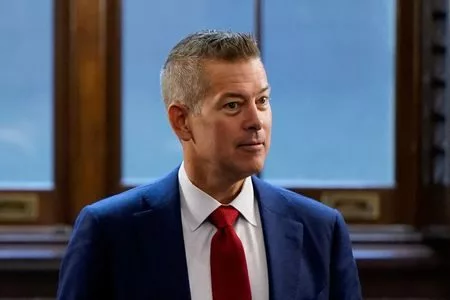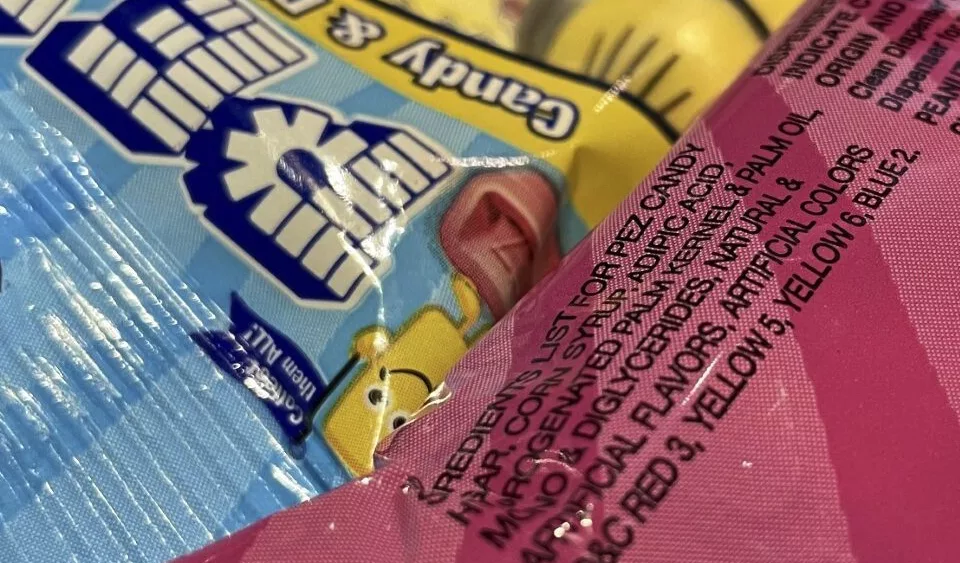FORT PIERCE, Fla. (AP) — Attorneys for a man accused of attempting to assassinate President-elect Donald Trump in September asked a federal judge on Wednesday to delay his trial until next December as they need more time to review the evidence against him and decide whether to mount an insanity defense.
Ryan Wesley Routh’s public defenders told District Judge Aileen Cannon they cannot prepare their case by February when the trial is currently scheduled, saying that’s not enough time to review the massive amounts of phone and computer evidence the FBI has retrieved. Routh owned 17 cellphones and numerous other electronic devices, plus there are hundreds of hours of police body camera and surveillance videos that have been provided to the defense.
Assistant federal public defender Kristy Militello told Cannon the only other clients she has had with more voluminous evidence presented against them are those accused of complicated frauds and two who were accused of taking part in the Jan. 6, 2021, attack on the U.S Capitol. Only one other attorney and an investigator are working with her on the case and she has other clients who also require her time, Militello said.
Unlike prosecutors, “I don’t have the resources of the FBI” to go through the evidence, Militello told Cannon, a Trump appointee who also presided over the president-elect’s alleged stolen documents case and eventually threw it out.
Routh, 58, sat quietly throughout Wednesday’s hearing, shackled in the same seat Trump occupied during pretrial hearings in his case. Routh, a Hawaii resident, has pleaded not guilty.
Prosecutor John Shipley Jr. told Cannon that while he agreed that February is not a realistic schedule, pushing the trial back a year would violate the speedy trial rights of Trump and the Secret Service agent Routh is accused of aiming his rifle at. He did not suggest a specific date but said next summer would not be preferable as many potential jurors would have vacation conflicts.
He told Cannon that while the computer files are large, they are mostly Routh’s and he should be able to assist his attorneys in sorting through them. He also said that unlike a fraud case, where evidence is often complicated, the accusations against Routh are straightforward and simple.
Prosecutors say Routh methodically plotted to kill Trump for weeks before aiming a rifle through the shrubbery as Trump played golf on Sept. 15 at his West Palm Beach country club. Before Trump came into view, Routh was spotted by a Secret Service agent. Routh allegedly aimed his rifle at the agent, who opened fire, causing Routh to drop his weapon and flee without firing a shot. Prosecutors say he left behind a note describing his intentions.
He was arrested a short time later driving on a nearby interstate.
The sides briefly showed their hands on a possible insanity defense. Militelo said the last person to speak with Routh before he was spotted at the golf course told the FBI that he seemed to be hallucinating. She said other witnesses have told agents that Routh is delusional.
Shipley told Cannon that an insanity defense would have no merit as his attorneys would have to show that Routh has a mental disease or defect that left him unable to appreciate the nature and wrongfulness of his acts. Clearly, he understood his actions, Shipley said. Among the evidence prosecutors say they have are computer searches Routh made about flights from nearby Palm Beach International Airport to Mexico.
Routh’s charge of attempted assassination of a major presidential candidate carries a potential life sentence in the event of a conviction. Other charges include assaulting a federal officer and three firearms counts. He is being held without bail at the federal jail in Miami.
Routh’s arrest came two months after Trump was shot and wounded in the ear in an assassination attempt during a campaign rally in Pennsylvania. The Secret Service acknowledged failings leading up to that shooting but has said security worked as it should have to thwart the potential Florida attack.
Brought to you by www.srnnews.com








